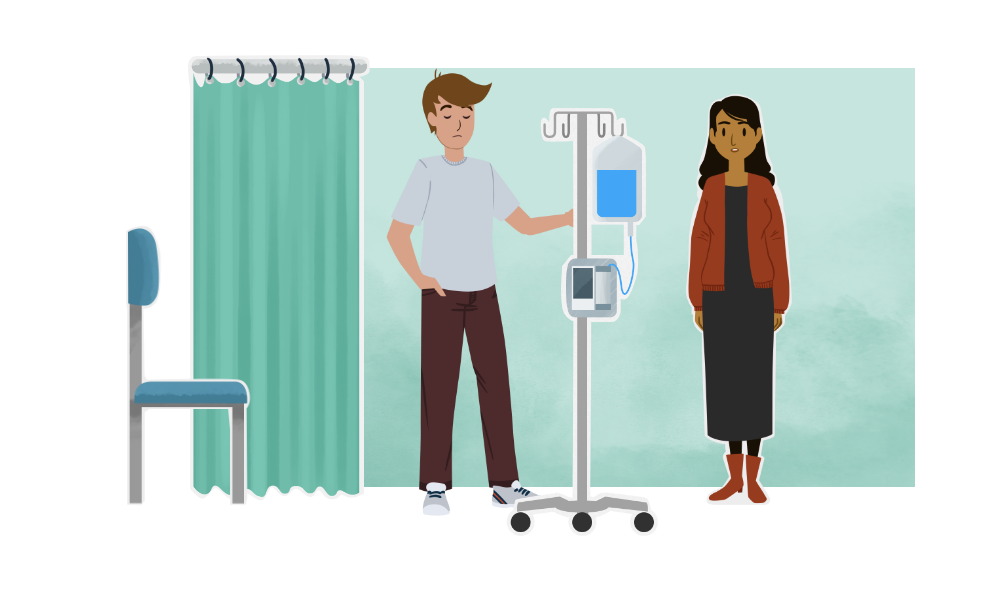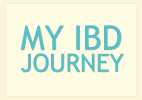Treating IBD

Treating IBD
Currently, there is no cure for IBD. But don’t lose hope. If symptoms are well controlled it is very possible to live a normal life. For tips on managing your IBD, click here.
Watch the video 'My IBD Journey: Mission: Remission', which explains the different types of remission. It provides advice on how you can work towards achieving remission, and the importance of staying on track with your prescribed treatment.

There are many different types of drugs available to treat IBD. The main aim of these treatments is to reduce the level of inflammation and relieve the symptoms of IBD. Even when the inflammation is under control, your doctor will probably continue to prescribe drugs to manage your symptoms and prevent your condition from getting worse.[1]2
Sometimes, if the symptoms of IBD cannot be managed with treatment, or if the IBD is causing serious complications, surgery can be an option, but it is not a cure.23 In any case, surgery comes with permanent and major lifestyle changes.2
Don’t be afraid to speak to your healthcare professional if you have any questions about your treatment or the options available to you.
Where next?
If you would like to learn more about IBD, support groups and the search for new treatments, you can visit the following site:
- European Federation of Crohn’s and Ulcerative Colitis Associations (EFCCA) http://www.efcca.org/
